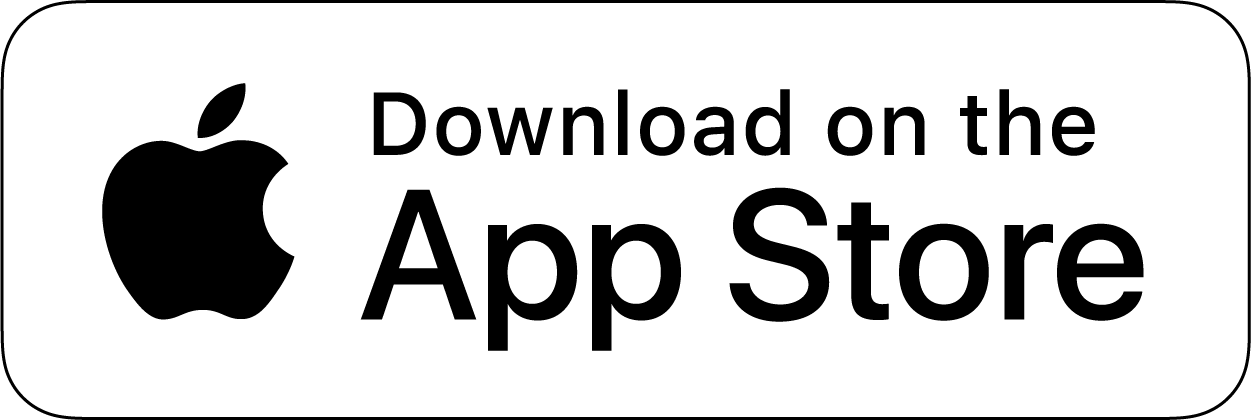
Volunteer - ServeSyria
Over 2 million Syrians have been rendered homeless and due to the civil war raging in Syria. Many are internally displaced refugees while others have moved to neighboring countries. While a small percentage lives in the UN sponsored camps, most are urban refugees without any access to healthcare facilities.
IMR has been committed to relief efforts for the internally displaced and refugee Syrian population since the beginning of the conflict in 2012 by providing medical care, medications, winter survival kits, food and life-saving supplies. In 2016, IMR started quarterly medical missions to provide free treatment and medicines to the urban Syrian refugees in and around Amman, Jordan. IMR has successfully conducted 28 missions to provide comprehensive healthcare to 40,570 patients till the end of 2024. The IMR ServeSyria Medical Mission is an ongoing project and shall continue in collaboration with our partners United Mission for Relief and Development (UMR).
At the request of the United Nations High Commissioner for Refugees (UNHCR), IMR launched the ServeSyria Cataract Surgery Mission in 2016 in collaboration with United Mission for Relief and Development (UMR). We also delivered $50,000 worth of medical supplies and 38,550 lbs of food, in addition to over 2500 winterization packages that included winter coats, blankets, portable heaters, and heating fuel, worth over $50,000 for Syrian refugees in Jordan.
Volunteer Opportunities
ServeSyria Jordan Medical MissionsREGISTRATION CLOSED
REGISTRATION CLOSED
REGISTRATION CLOSED
REGISTRATION OPEN
ServeSyria Frequently Asked Questions
What are the arrangements for accommodation, food, and local transportation?
All team members are received and dropped at Queen Alia International airport by a representative of our local partners UMR.
Stay is arranged at a decent hotel in the main city area. Suitable transportation arrangements are made by UMR for the daily trips to the clinic.
Breakfast is arranged at the hotel, working lunch is provided on-site. There may be a formal dinner by UMR, the local hosts on one or two nights. On other days, there are numerous eateries within walking distance of the hotel.
What is the name of the camp where we shall set up a clinic? Where in Jordan is it located?
How are medications dispensed? Is there a pharmacy on-site or do we only write prescriptions?
Based on experience from previous missions we have a suggested formulary. There is a small pharmacy on site; all medicines are procured locally by our local partners beforehand. Pharmacy is managed by the team. Depending upon who all volunteer, at times there is a pharmacist in the team. Otherwise, the team leader nominates a team member for the task; local volunteers provide assistance.
IMR sends some vitamins with the team. These are procured locally and dispatched to team members in advance of the trip.
Are there certain illnesses or diseases we should be aware of that are unique to this population? Are there certain drugs that are preferred?
IMR ServeSyria Project lead and Chair of Relief Committee brief the team on clinical aspects in detail before departure. An informative booklet is also shared with the team, which has been developed with inputs from previous teams.
What about patients requiring follow-up care. How is this taken care of since we are only there for a week?
Our teams try to limit themselves to cases requiring little or no follow-up care. Any cases requiring follow-up care are referred to local facilities. That is the nature of most medical relief work.
What type of testing is available - any X-ray machines or the like? Is laboratory testing available?
Obtaining laboratory testing and/or radiological imaging is challenging while working in the field. In the event a patient requires further workup by way of testing arrangements can be made for the patient to go to a local facility.
How are language barriers addressed? Will there be translators?
Translators will be handy; there is usually one translator per physician. These are mostly local medical students.
What are the types of expenses involved for this mission?
Volunteers only pay for their air tickets to and from Amman. IMR arranges everything else – food, transportation, and accommodation.
\\
Do I need a visa to travel to Jordan?
Yes, it is needed but for US & Canadian nationals it is stamped on arrival at Amman airport. There are other options too and IMANA guides selected team members with the choices.
Team members traveling from any other part of the world have to make their own arrangements for visa, depending upon their nationality. IMANA can provide an introduction letter, if needed.
Have a question? Get in touch.
Locations:
Virginia: 9681 Main Street, Suite B, Fairfax, VA 22031
Phone:
202-559-3765
Fax:
630-932-0005

